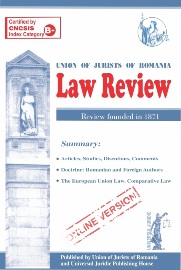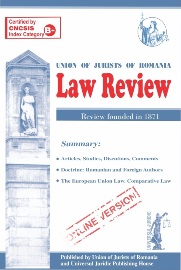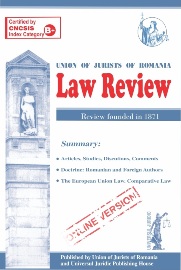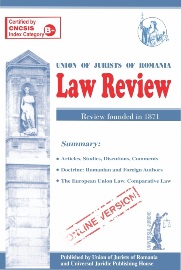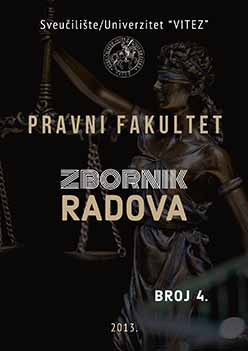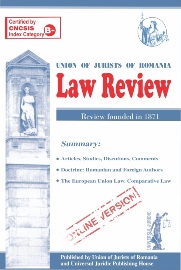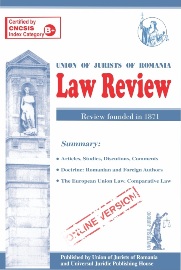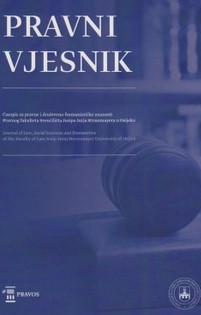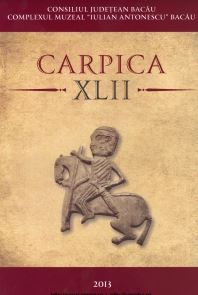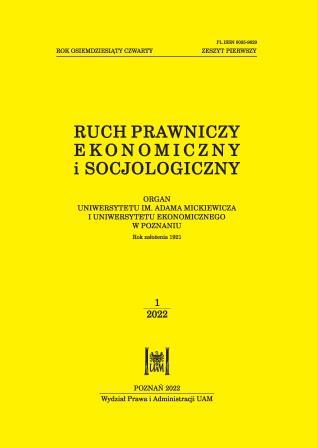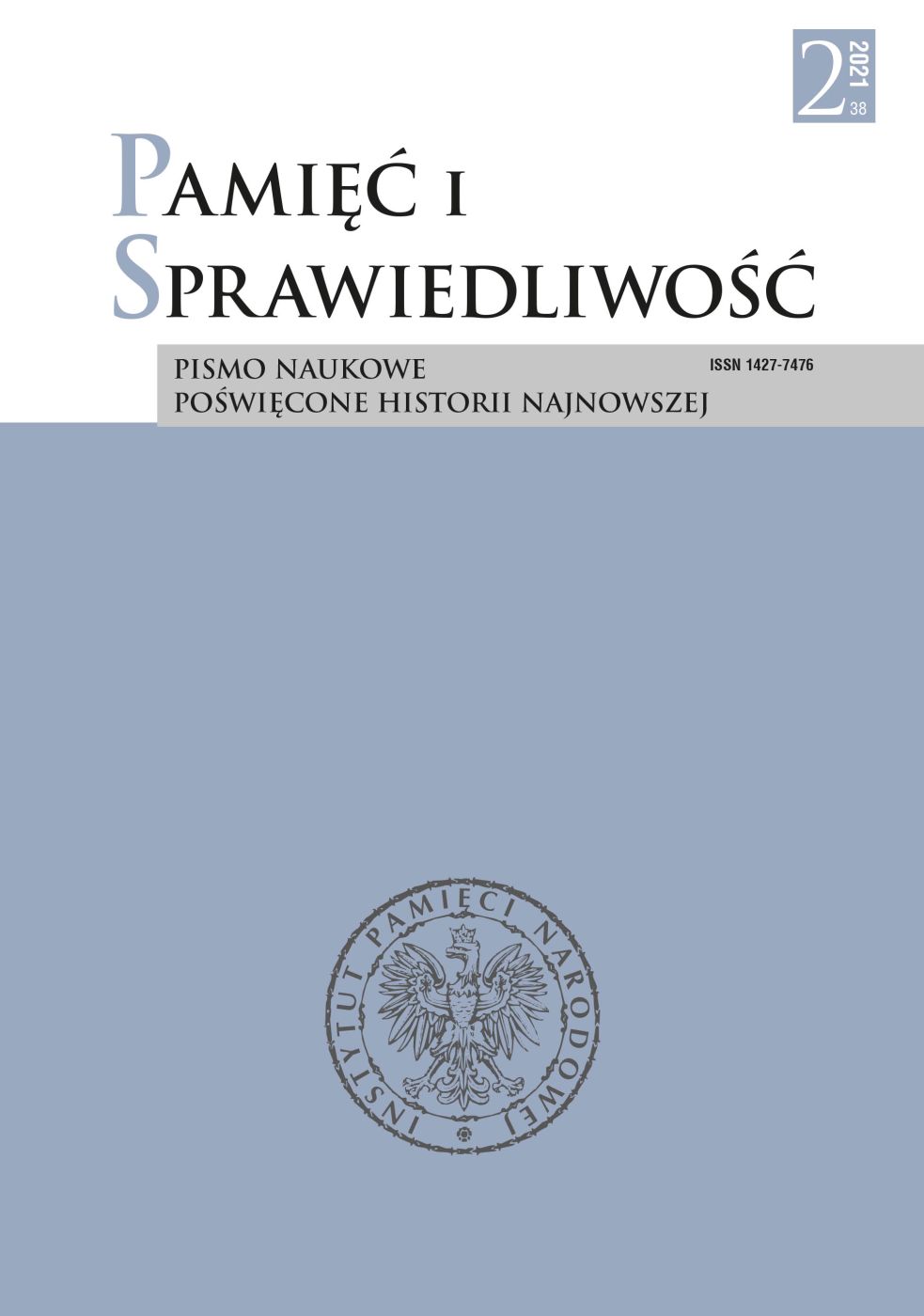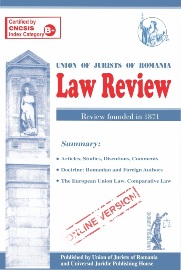
THE IMPACT OF MORAL (PSYCHOLOGICAL) HARASSMENT AT WORK ON ROMANIAN WORKERS’ RIGHT TO DIGNITY AND INTEGRITY
The paper aims to outline the severe implications of moral (psychological) harassment at work on Romanian workers and the extent to which such behaviour impacts human dignity, as the basis of human rights law. The study has as starting point the EU guidelines with respect to health and safety at work and further details on the Romanian legislation regulating psychological harassment at work, with a focus on the lack of sufficient regulation addressing this issue. The paper also includes a brief analysis on the legal means available to workers under the Romanian law to fight against moral harassment at work, with a view to outline the quantitative and qualitative aspects deriving from such. As a conclusion to the study undertook, the authors outline the main steps to be further taken, both in terms of legislation and good practices, to ensure a better approach of this issue and a proper reflection of the impact of moral (psychological) harassment at work on Romanian workers’ right to dignity and integrity.
More...
